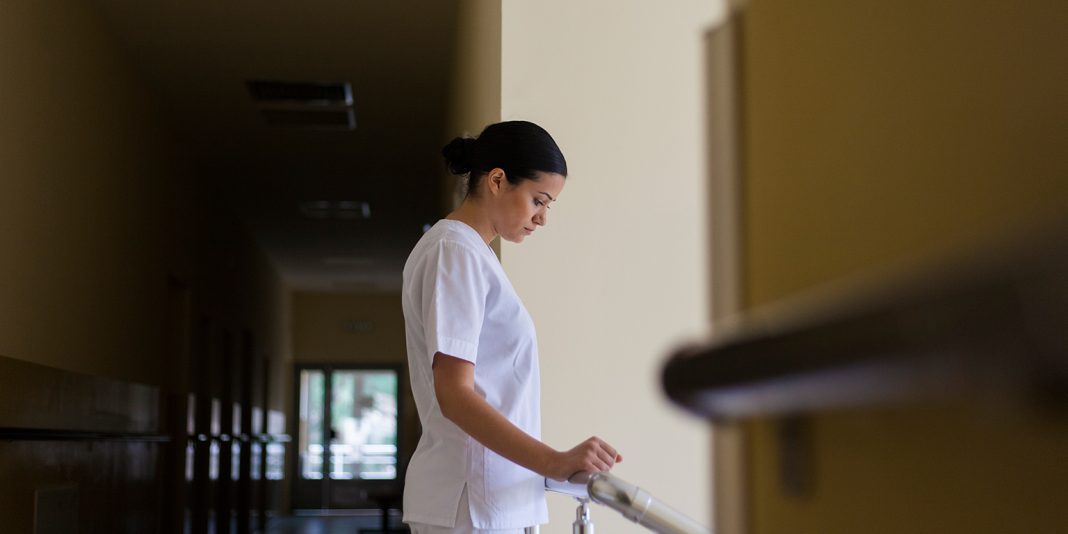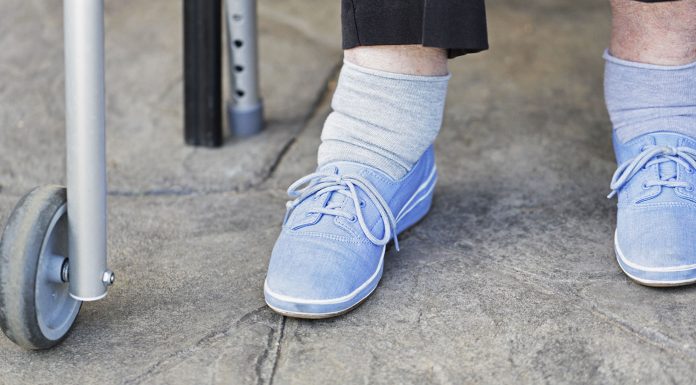I have just finished reading Te Puea by Michael King. What a great book about an extraordinary Tainui leader.
Naturally I was interested in the references to healthcare during Princess Te Puea Herangi’s time. And, as is happening more often with me these days, I recognised familiar themes to today’s health issues and to today’s solutions, one of which our current government is now calling Whanau Ora.
Working alongside health authorities in the 1940s, Te Puea set about bringing healthcare to her people, including starting up a marae clinic at Ngāruawāhia with a general practitioner in attendance. She also recognised the importance of addressing not only immediate health issues but also the social determinants of health, like employment, and the benefits of reducing alcohol consumption. The result was that health standards of Māori in the region improved to match that of their Pakeha neighbours.
Still waiting for that paradigm shift
So when I see commentary about New Zealand’s lack of progress in healthcare provision evolution, as seen recently in NZ Doctor, part of me heaves a weary sigh.
I sigh on behalf of primary healthcare ‘evangelist’ providers everywhere for the years of toil they have put in to pursuing equity, equality and more effective services. And the result? An infinitesimal paradigm shift.
My other more tolerant and patient psyche acknowledges the improvements that the PHC sector and nursing in particular has seen over the last decade or so:
- The language has changed from ‘doctors and others’ to ‘teams’, with literature and providers alike acknowledging the necessity of this approach.
- Legislation is catching up with current practice in nurse practitioner practice – slowly but inevitably.
- Nurses are leading healthcare provision in New Zealand and stand to have a whole lot more influence with the district health boards’ integration work plans.
There are not many commentaries I read though that give me comfort that our ‘consumers’ of healthcare are being involved enough in opportunities to change or improve the healthcare system. Too hard? Too expensive? Or too discomforting to lose control of services to people who may want more than the health budget can afford, or want it done too differently?
But if we get this part right, it could shove the paradigm a lot further in the best direction.




















